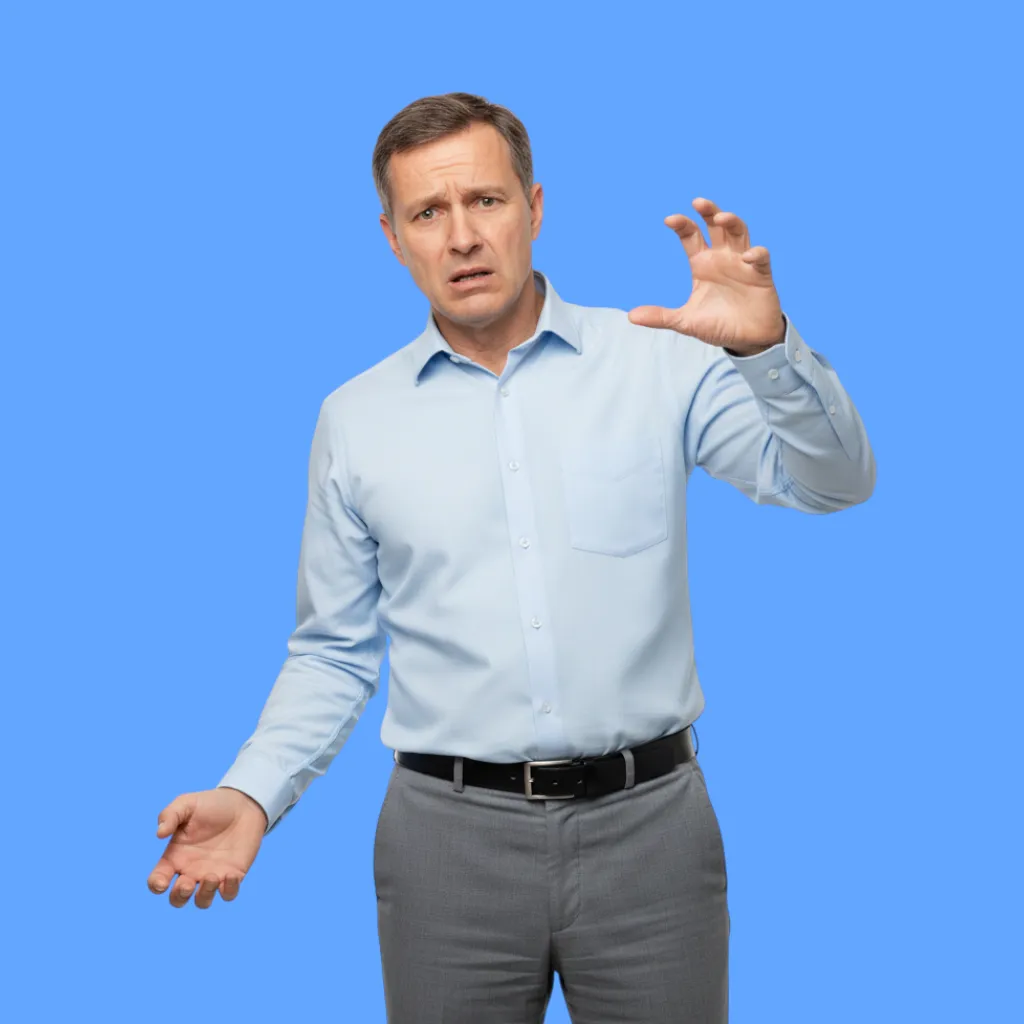what is stroke?
Stroke is a sudden interruption of blood flow to a part of the brain, leading to cell damage within minutes as if the power is cut off from the control center of your body.
This interruption may be caused by a blockage in one of the arteries that supply the brain, known as an ischemic stroke, or by sudden bleeding inside brain tissues due to a ruptured blood vessel, known as a hemorrhagic stroke.
In both cases, delaying treatment leads to irreversible damage. The painful truth is that stroke doesn't wait for the right time or target a specific age it strikes suddenly and can change a person's life in an instant.
what are the causes of stroke?
There are several common causes of stroke, including:
- Chronic high blood pressure
- High cholesterol levels
- Continuous smoking
- Uncontrolled diabetes
- Severe obesity
- Heart rhythm disorders like atrial fibrillation
- Aging, especially after age 55
- Previous stroke or transient ischemic attack
- Use of birth control pills or hormone therapy
- Inactive lifestyle and lack of physical activity
what are the common symptoms of stroke?
Common symptoms that may appear include:
- Sudden weakness or tingling in the face, arm, or leg, usually on one side
- Difficulty speaking or understanding speech
- Sudden vision problems in one or both eyes
- Severe and sudden headache with no clear cause
- Loss of balance or trouble controlling movement while walking
- Sudden dizziness or confusion
- Difficulty raising the arms or showing facial expressions like smiling or reacting
when should you see a doctor?

It is advised to seek medical help immediately if any of the following occur:
- Sudden appearance of any of the above symptoms
- Drooping or uneven movement on one side of the face when trying to smile
- Inability to raise one of the arms
- Slurred or mixed-up speech
- Loss of consciousness or fainting
- Symptoms lasting more than a few minutes
how is stroke diagnosed?
The doctor starts with a full physical check, observing speech, limb movement, and balance. Then, brain imaging is requested, such as CT scan or MRI, which are detailed pictures that help locate the problem.
Ultrasound may be used to check the neck arteries that supply blood to the brain.
Blood tests are done to check sugar and fat levels, as high levels may cause clots.In some cases, the doctor performs a heart scan using a device similar to a pregnancy ultrasound to see if the clot started in the heart and moved to the brain.
what are the treatment options for stroke?
Several treatment methods are available, including:
- Giving clot-dissolving medications like tissue plasminogen activator (TPA)
- Surgical procedures to open blocked arteries
- Placing a stent inside blood vessels
- Surgery to stop brain bleeding or tie off damaged vessels
- Physical and functional rehabilitation after stabilization
- Prescribing blood thinners or blood pressure medications depending on the case
can stroke be cured?
Yes, recovery is possible partially or fully depending on how fast treatment is given, the size of the affected brain area, and the patient's age.
Some people regain their abilities gradually through physical therapy, while others may need long-term support.Hope exists, but time is the key factor.
how to prevent stroke?
Here are some tips to reduce the risk of stroke:
- Keep blood pressure within normal range
- Reduce intake of fats and cholesterol
- Quit smoking
- Control blood sugar levels
- Exercise regularly
- Maintain a healthy weight
- Avoid chronic stress
- Stay away from alcohol and drugs
- Take preventive medications when needed
what are the possible complications of stroke?
If left untreated, stroke may lead to:
- Partial or complete paralysis
- Difficulty speaking or swallowing
- Memory or concentration problems
- Changes in behavior or mental state
- Need for constant care
- Trouble doing daily tasks like eating, dressing, or moving without help
frequently asked questions about stroke
Does stroke affect young people?
Yes, but it's more common after age 55.
Can stroke happen more than once?
Yes, especially if the causes are not treated.
Does stroke affect memory?
In some cases, yes.
Is physical therapy necessary?
It's often a key part of recovery.